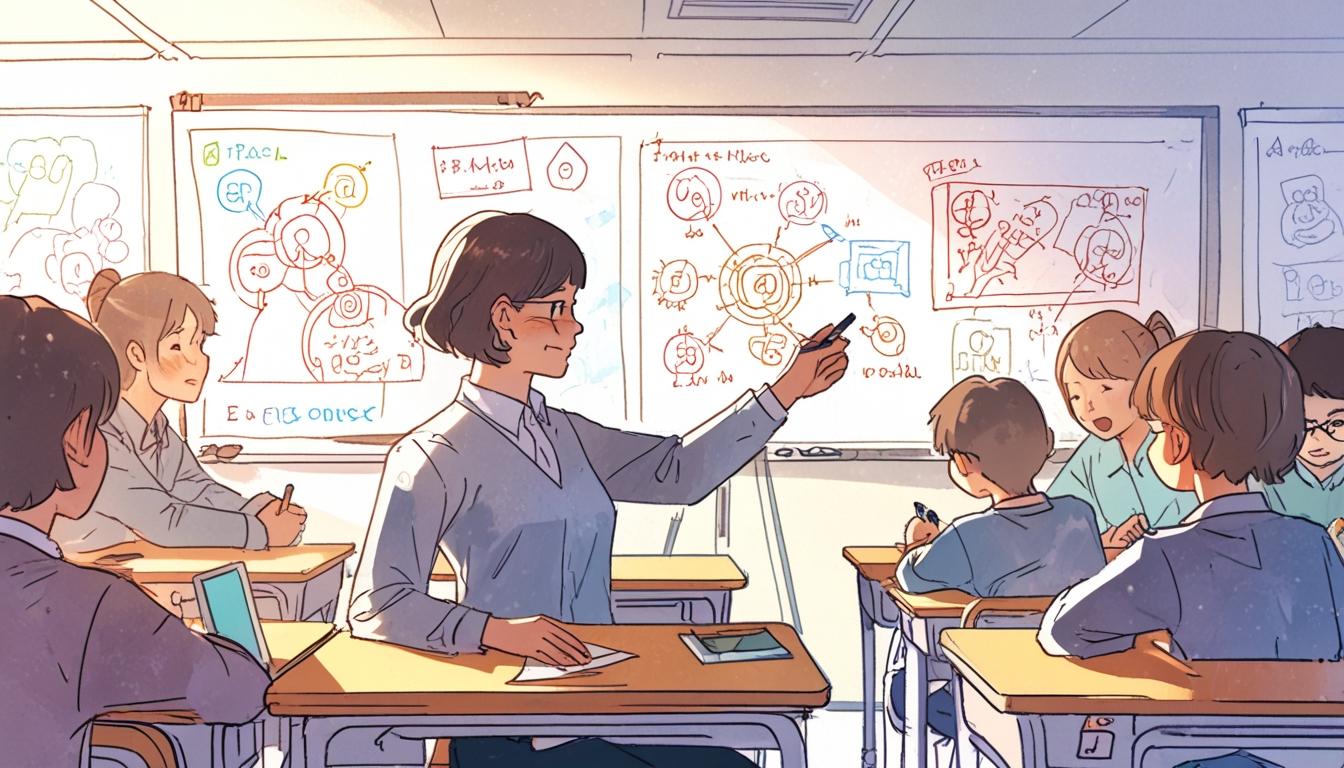At its meeting on April 23, the Aspen School Board addressed the evolving role of Artificial Intelligence (AI) in education, emphasising that while AI will not replace teachers, it is transforming the way lesson plans are developed and executed in classrooms. The discussion highlighted how the district is integrating AI tools into its curriculum nearly two years after the surge in the technology's popularity.
Aspen School Board member Cassie Harrelson stated, “AI will never replace teachers… (It) is to help us be better teachers and to help our kids get experiences they didn’t get before.” This sentiment reflects the district's stance that AI serves as a supportive resource rather than a substitute for educators.
The district has incorporated several AI models for lesson planning and instructional assistance, including Toddle AI, Khanmigo, and Google Gemini. Kimberly Zimmer, the district’s instructional director of Learning and Innovation, presented details on these technologies during the meeting. She noted that despite their recent adoption, these tools are already proving valuable for both teachers and students.
Particularly notable is Toddle AI, which is one of the few educational AI models designed specifically around the International Baccalaureate (IB) framework, aligning well with the Aspen School District’s curriculum. Zimmer explained, “It understands the IB concepts and the IB teaching, which is unique to Toddle, right now.” This AI tool assists teachers by offering suggestions on class design during lesson planning.
Toddle’s tutor function also supports students by answering questions through an inquiry-based approach rather than providing direct answers, encouraging deeper exploration of subjects. Additionally, Zimmer pointed out that Toddle is a carbon-neutral company, reflecting an awareness of environmental considerations.
The district is approaching the use of AI with caution, recognising the challenges that come with rapidly advancing technology. Zimmer emphasised the importance of a deliberate, human-led integration process, one that critically examines the source and validation of AI data to ensure it serves all students equitably. She noted, “AI has the potential to challenge systemic barriers in education, but if not designed carefully, it will simply automate and reinforce existing inequities.”
Privacy concerns are also a significant part of the conversation. Zimmer stressed the need to understand how AI companies handle district data and be aware of any financial interests these companies may have that could influence educational content or policy alignment. She observed that all current AI models used by the district maintain the privacy of its data.
Furthermore, Zimmer recommended vigilance regarding AI’s role in tasks such as drafting lesson plans, completing assignments, and grading. She warned of the risk of creating “a vicious cycle of inauthentic brain power, inauthentic work,” signalling the district’s commitment to preserving genuine learning experiences.
The Aspen School District’s measured approach to AI integration illustrates its effort to leverage modern tools to enhance teaching and learning while addressing the ethical, privacy, and educational integrity issues surrounding emerging technologies.
Source: Noah Wire Services
